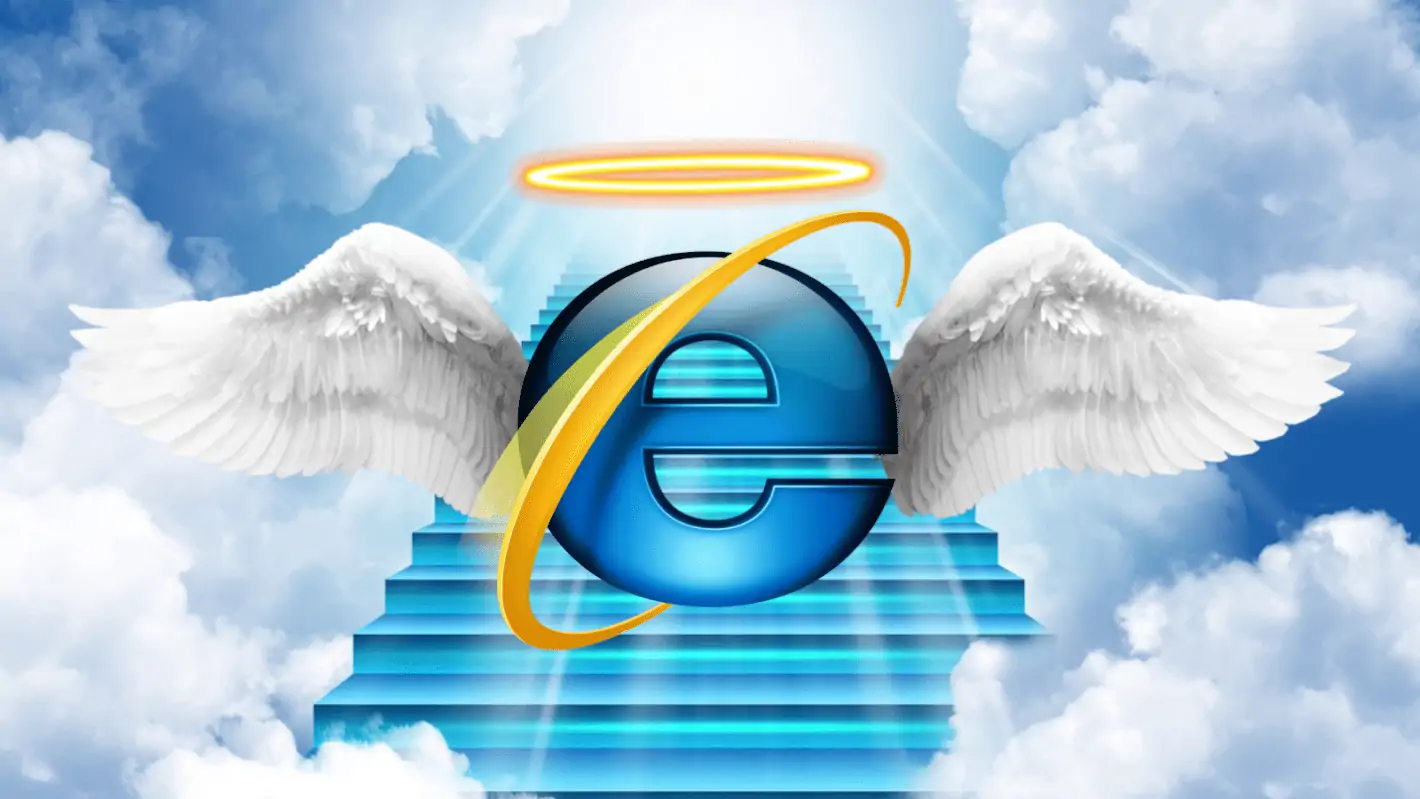Microsoft pronounces Internet Explore dead
3 min. read
Published on
Read our disclosure page to find out how can you help MSPoweruser sustain the editorial team Read more

After 26 years of suffering as a laughingstock on the web, Internet Explorer was finally put to sleep by Microsoft on June 15. Its spirit, nonetheless, will still be felt by many users for the next years to come as its creator decides to continue to support IE mode in Microsoft Edge until 2029.
“Internet Explorer’s reputation today is, deservedly, one of a product from an older era—quirky in behavior and lacking the security of a modern browser,” Microsoft Edge Enterprise General Manager Sean Lyndersay says in a eulogy for the browser. “But its contributions to the evolution of the web have been remarkable, from helping to make the web truly interactive with DHTML and AJAX to hardware-accelerated graphics to innovations in touch/pen browsing. Working on the retirement of Internet Explorer has been a constant reminder of its importance; every day we work with customers who have built their businesses on Internet Explorer. To work on a product with such broad impact has been nothing but humbling—our story in many ways is the story of the internet and what it has allowed people and organizations around the world to do.”
While Windows 11 is already shipping without the Intenet Explorer, the retirement will remove it from every supported version of Windows 10 Home, Pro, Enterprise, Edu, and IoT. Nonetheless, understanding that some businesses and organizations still rely on Internet Explorer, Microsoft promises to provide continuous IE support on specific versions of Windows currently in-support and used in critical environments “until they go out of support.” These versions of Windows include in-support Windows 10 LTSC releases (including IoT), all Windows Server versions, Windows 10 China Government Edition, Windows 8.1, and Windows 7 with Extended Security Updates (ESUs).
On the other hand, Microsoft underscores that affected users will be guided to a redirection process to its modern browser, Microsoft Edge with IE mode. Included in this transition is allowing the users to import their data (e.g., favorites, passwords, and settings) from Internet Explorer. They can also manage and delete the data in Microsoft Edge from the Settings menu.
“Over the next few months, opening Internet Explorer will progressively redirect users to our new modern browser, Microsoft Edge with IE mode,” explains Lyndersay. “Users will still see the Internet Explorer icon on their devices (such as on the taskbar or in the Start menu) but if they click to open Internet Explorer, Microsoft Edge will open instead with easy access to IE mode.”
The reason behind the IE mode, according to Microsoft, is to cater to some websites that only function using Internet Explorer since they are created using older internet technology. When these users visit such websites and they don’t work properly, they can use the “Reload in IE mode” button in Microsoft Edge to resolve the issue. IT professionals managing legacy sites can also automate IE mode, allowing the pages to launch in IE mode automatically for users.
Microsoft says it will support IE mode in Microsoft Edge “through at least 2029.” You can still launch the Internet Explorer, and the redirection to IE mode in Microsoft Edge will occur. In a future Windows Update, nonetheless, the old browser will be disabled permanently wherein its icons on different devices will be removed, putting it in complete oblivion.








User forum
0 messages